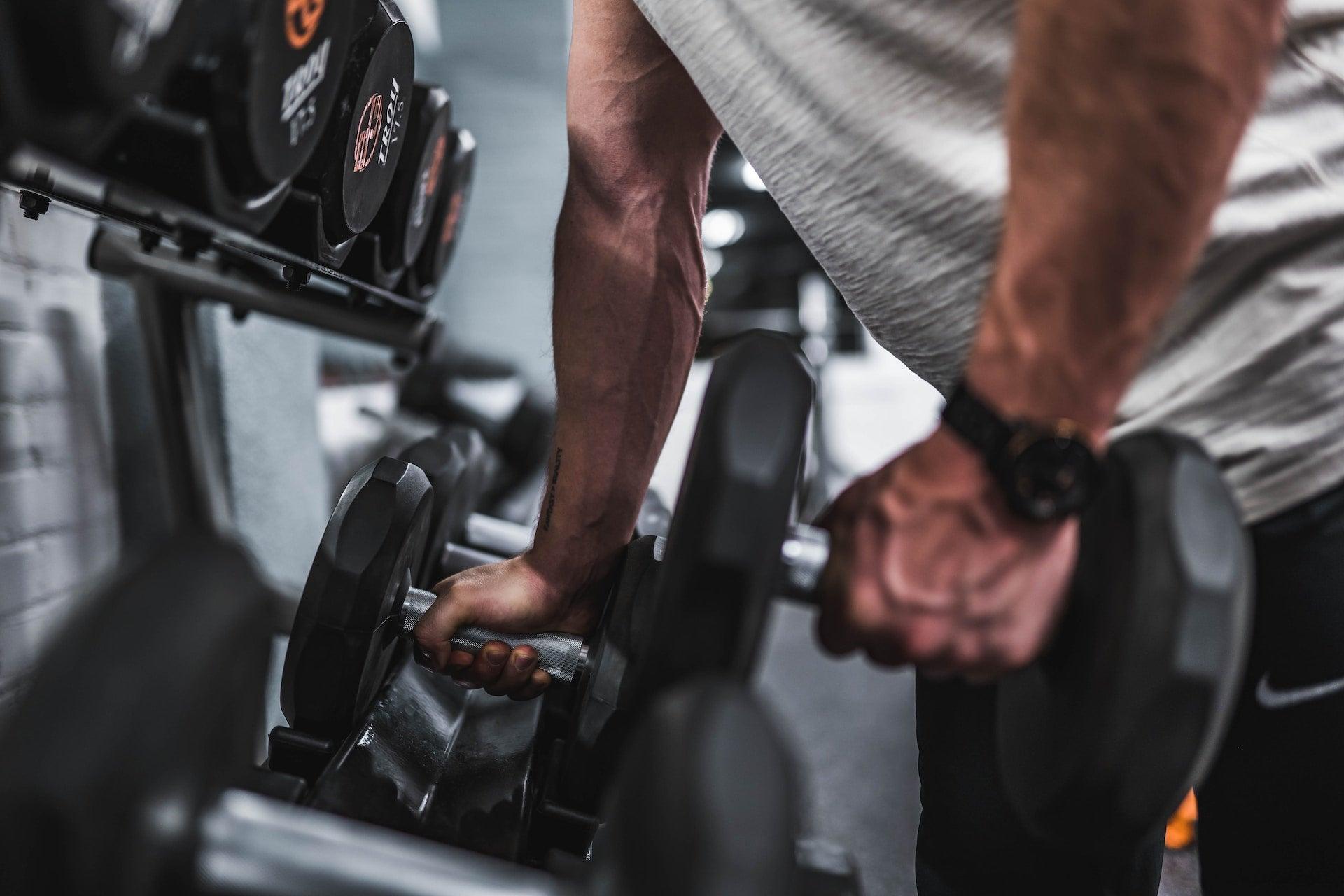How To Stay Awake

How to Fight Off Sleep and Stay Awake
The list of things that keep us up at night is ever-growing and ever-changing. College life is filled with all-night cramming and partying. Grade stress turns into work stress, into relationship, money and parenting stress, and always triggers sleepless nights in one form or another. Aches and pains prevent you from being comfortable and keep you tossing and turning - not to mention the snoring spouse, the crying baby, the noisy neighbor and the dog next door that won't stop barking! It's a miracle we can sleep at all.
There will always be times when sleep is sacrificed, either intentionally or unintentionally. Unfortunately, most of us still need to get up the next day to go to class, work or take care of the kids. Sometimes we can get through the day in pilot mode; sometimes we can get through the day in pilot mode. However, maybe today you are analyzing data or analyzing a rash on your child's face. Maybe you are operating heavy equipment or performing surgery on a patient's heart. On these days, we need to make every effort to remain vigilant because some responsibilities are too important to turn a blind eye to.
Using the following tips can keep you energized after an uneasy night. These tips also offer the added benefit of increased focus and productivity as well as improved physical and mental health.
Exercise to increase energy and reduce fatigue
We all know exercise is important. Exercise to stay physically fit. Exercise to maintain good mental health. Exercise to reduce stress levels. Exercise to lose excess weight. Finally, exercise to stay sane. This is truly a panacea, but perhaps not the one you were hoping for. Exercising may be the last thing you want to do when you feel exhausted. Do it anyway. For those of us who are less inclined to hit the gym, here are some simple moves that can help you stay alert, even while working out.
- Deep squats
- Push-ups.
- Dip on your desk
- Lunge
- Heel lifts
- Walk around the building
This is the short and sweet list. There are countless resources detailing fatigue-eliminating exercises, including thousands of exercise videos and books.
Start a conversation to get your mind active
If you're a desk jockey, don't contact your coworkers via email or instant message. Instead, get up and go talk to them face-to-face. This will help get your mind working, with the added benefit of building stronger relationships with your coworkers. Getting up and chatting can also give you a break from your daily routine, which is another great way to keep your mind sharp. If you're having trouble starting conversations, check out this book on Amazon, which features 1,000 creative ways to start conversations.
Stay hydrated
Staying hydrated helps your heart beat properly, maintains your body temperature levels, and helps you avoid fatigue and cramps. Try the following tips to further enhance the benefits of drinking water.
Carolyn Dean, MD, ND, a member of the Nutritional Magnesium Association's Medical Advisory Board, recommends the following recipes for successful hydration:
Drink half your body weight (in pounds) in water
Adding one-quarter teaspoon of sea salt, Celtic salt, or Himalayan salt to each quart of drinking water; and add one teaspoon of magnesium citrate powder.
"Your muscles and joints need lubrication to function properly, and hydration provides that lubrication," says Dean, author of several health-related books that you can find on Amazon.
Get out.
The sun signals your biological clock that the day has begun and "helps regulate your circadian rhythm," says Chris Brantner, a certified sleep science coach at SleepZoo.com.
"So the more time you're exposed to sunlight," he says, "the more awake you'll feel, and the better chance you'll have to readjust your sleep/wake cycle and sleep better the next night."
Getting plenty of sunlight can also provide you with much-needed vitamin D. You can learn more about the health benefits of vitamin D on our sister site, EverydayHealth.com.
Getting up and walking around can also give your eyes a break from staring at a screen for long periods of time or your body a break from monotonous tasks.
Stimulate your senses
- Eyes: Open the blinds and let the sunshine in, or if you can't get out to enjoy real sunshine, turn on some bright lights to create artificial sunlight.
- Ears: Play some rock 'n' roll, beat to a country song, or lip sync to your top 40 favorite hits, whatever your preference. Make sure the music is your favorite and doesn't make you bored and more tired.
- Mouth: This guide emphasizes the importance of a healthy diet.
- Nose: Strong scents like lemon, coffee beans and flowers can help energize you. You might also consider buying peppermint essential oil from places like Target and Walmart.
"It has a refreshingly awakening odor, which will help," says Nancy Gretzinger, a certified essential oils specialist. Prepare to feel tired by applying the oils to the inside of your wrists and rubbing your wrists against each other, Gretzinger says. Then, when you start to feel tired, just give your wrists a quick sniff to wake up to the scent.
Naptime
Parents know that nap time is crucial to avoiding irritability. Adult naps offer similar benefits. Whether you're sneaking into the car for a nap on your lunch break or taking a nap in your hammock on a lazy Sunday afternoon, a nap can provide a nice energy boost.
Brantner, a certified sleep science coach, suggests avoiding some of the pitfalls that can occur when napping.
"Don't sleep too long or you'll wake up feeling groggy and moody," he says. "And make sure you don't sleep too late in the afternoon. Doing so will make it harder to fall asleep that night, thus perpetuating an already interrupted sleep/wake cycle."
If naps aren't your thing, consider finding a quiet space to meditate for about 15 minutes (check out these Amazon bestsellers on meditation). Even closing your eyes for a few minutes can help you rejuvenate.
Go to sleep!
Sometimes we prepare ourselves for failure. There are many distractions that can prevent you from getting a good night's sleep, many of which we experience every night. Keeping electronics out of the bedroom is a great place to start. The light emitted from mobile devices stimulates the brain to think it is awake. This means no TVs, cell phones, iPads, and Kindles in the bedroom. Keep your devices charged overnight so you can do the same.
Keeping a consistent sleep schedule will also help you get the sleep you need. Over time, your body will be programmed to know when to go to sleep and when to wake up.
Alternatives to Caffeine
The easiest and most obvious way to refresh yourself is with caffeine. The problem is that drinking a pot of coffee or four energy drinks isn't the healthiest option. Relying too heavily on coffee to stay awake can have a negative impact on your health. Instead, consider healthier alternatives like coconut water and green tea.
Dean suggests using magnesium citrate powder mixed with water as an alternative. A few sips throughout the day can help keep you energized, Dean says. She recommends "Natural Calm" produced by Natural Vitality, which you can purchase on Amazon.
"Magnesium is also a muscle and nerve function mineral," Deane says. "Magnesium is essential for proper muscle function and nerve firing."
Eat healthy snacks
A minute on the lips will always make you drowsy. That double cheeseburger you had for lunch isn't doing your energy levels any favors. Making smart food choices won't send you further into fatigue. The right food choices can even help boost energy levels, like healthy snacks for quick fixes. Dean encourages the use of foods that contain magnesium because "it's an important energy nutrient, and magnesium-rich snacks will help boost energy naturally."
Examples include:
Organic almonds and/or pecans
Avocados, which can be made into guacamole with kale chips, which are also rich in magnesium
Healthy juices made from dark leafy greens such as spinach, kale, cilantro, mustard greens, Swiss chard, etc. mixed with lemon juice
What else can you do?
If these suggestions don't work, you may want to consider seeing your doctor. A quick search of EverydayHealth.com will tell you that fatigue can be caused by a variety of factors, including but not limited to depression, diabetes and heart disease.






























